Let's find the best mortgage that's right for you.
At Gold Financial Services Mortgage Group, we're setting the gold standard for mortgage financing in BC. It would be a pleasure to work with you.
I'm Wyatt, your guide to building wealth through investment in real estate. Whether you're buying your first home, a second property, or investment property, let me ensure you get the best mortgage for you! Mortgage financing doesn't have to be difficult, let me walk you through the process.
As your independent mortgage professional, I'm happy to provide you with mortgage options. I will assess your financial situation, listen to your goals, and suggest mortgage products that help get you there. It would be a pleasure to work with you.
Here are some things happy clients have said about working with us.
The path to finding the best mortgage for you starts by following our 3 step plan.
Get started right away
The best place to start is to connect with us directly.
As the mortgage process is personal,
our commitment is to listen to all your needs, assess your financial situation, and provide you with a clear plan forward to secure financing.
Get a clear plan
Sorting through all the different mortgage lenders, rates, terms, and features can be overwhelming. Let us cut through the noise, We'll outline the best mortgage products available with your needs in mind.
Let us handle the details
When it comes time to arranging your mortgage, we have the experience to bring your financing together. Our goal is to make sure you know exactly where you stand at all times. No surprises. We've got you covered.
Everything you need,
all in one place
As trusted mortgage providers, we can help you with these services.
Spend time learning about the mortgage process.






